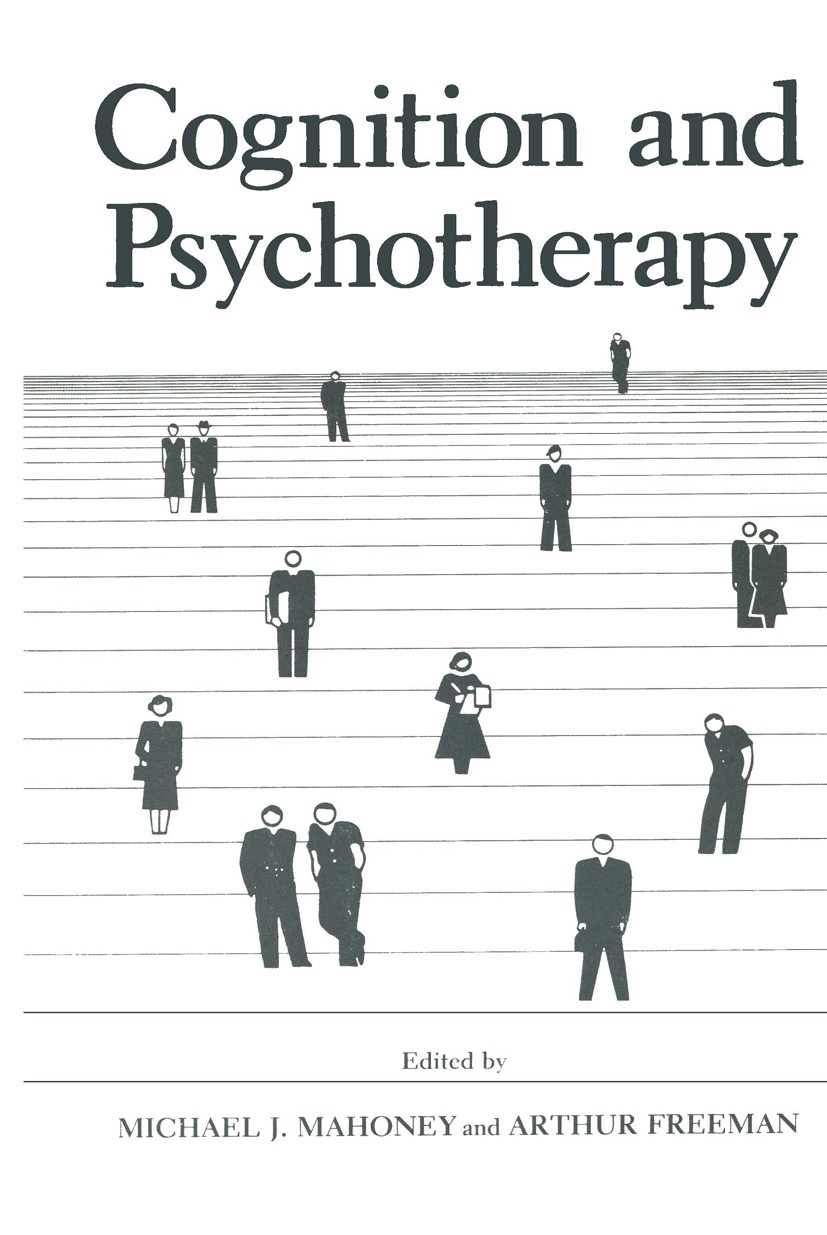| 书目名称 | Cognition and Psychotherapy | | 编辑 | Michael J. Mahoney,Arthur Freeman | | 视频video | http://file.papertrans.cn/229/228950/228950.mp4 | | 图书封面 |  | | 描述 | For almost three millennia, philosophy and its more pragmatic offspring, psychology and the cognitive sciences, have struggled to understand the complex principles reflected in the patterned opera tions of the human mind. What is knowledge? How does it relate to what we feel and do? What are the fundamental processes underlying attention, perception, intention, learning, memory, and conscious ness? How are thought, feeling, and action related, and what are the practical implications of our current knowledge for the everyday priorities of parenting, education, and counseling? Such meaningful and fascinating questions lie at the heart of contemporary attempts to build a stronger working alliance among the fields of epistemology (theories of knowledge), the cognitive sciences, and psychotherapy. The proliferation and pervasiveness of what some have called "cognitivism" throughout all quarters of modern psychology repre sent a phenomenon of paradigmatic proportions. The (re-)emergence of cognitive concepts and perspectives-whether portrayed as revo lutionary (reactive) or evolutionary (developmental) in nature-marks what may well be the single most formative theme in late twentieth | | 出版日期 | Book 1985 | | 关键词 | Counseling; attention; feeling; philosophy; psychology | | 版次 | 1 | | doi | https://doi.org/10.1007/978-1-4684-7562-3 | | isbn_softcover | 978-1-4684-7564-7 | | isbn_ebook | 978-1-4684-7562-3 | | copyright | Plenum Press, New York 1985 |
The information of publication is updating

|
|
 |Archiver|手机版|小黑屋|
派博传思国际
( 京公网安备110108008328)
GMT+8, 2026-2-9 13:54
|Archiver|手机版|小黑屋|
派博传思国际
( 京公网安备110108008328)
GMT+8, 2026-2-9 13:54


